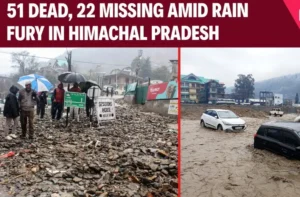Vijay Mallya, the former head of Kingfisher Airlines, has publicly addressed the long-standing controversy surrounding unpaid salaries to thousands of Kingfisher Airlines employees. In a recent podcast, Mallya offered a rare and candid message to his former staff, expressing deep regret over the situation and clarifying the circumstances that led to the crisis.
Kingfisher Airlines Salary Dues: Mallya’s Public Apology
During the podcast, Mallya was asked if he had any message for the employees who were left unpaid after the airline’s collapse. He responded by saying he was deeply sorry for what happened and took full responsibility for the distress caused to the staff. Mallya emphasized that he had invested significant personal funds—over ₹3,000 crore—into the airline and had no excuses to offer for the unpaid salaries.
Legal Hurdles and Financial Constraints
Mallya explained that, contrary to public perception, there was money available to pay the salaries. He stated that funds were deposited with the Karnataka High Court, and he had formally applied to use this money to clear the dues of Kingfisher Airlines staff. However, both the banks involved and the courts rejected his requests, leaving him unable to directly pay the employees. He stressed that all his assets were frozen and any additional funds would have been seized by the banks, making it impossible to resolve the issue independently.

Ongoing Debate Over Kingfisher Airlines Dues
The Kingfisher Airlines salary dues have remained a contentious issue for over a decade. Mallya has repeatedly claimed that the banks have recovered more than the original judgment debt, with recent statements indicating that over ₹14,100 crore has been recovered against a debt of ₹6,203 crore. Despite this, the controversy continues, with calls for greater transparency from the banks regarding the actual status of the recovered amounts.







